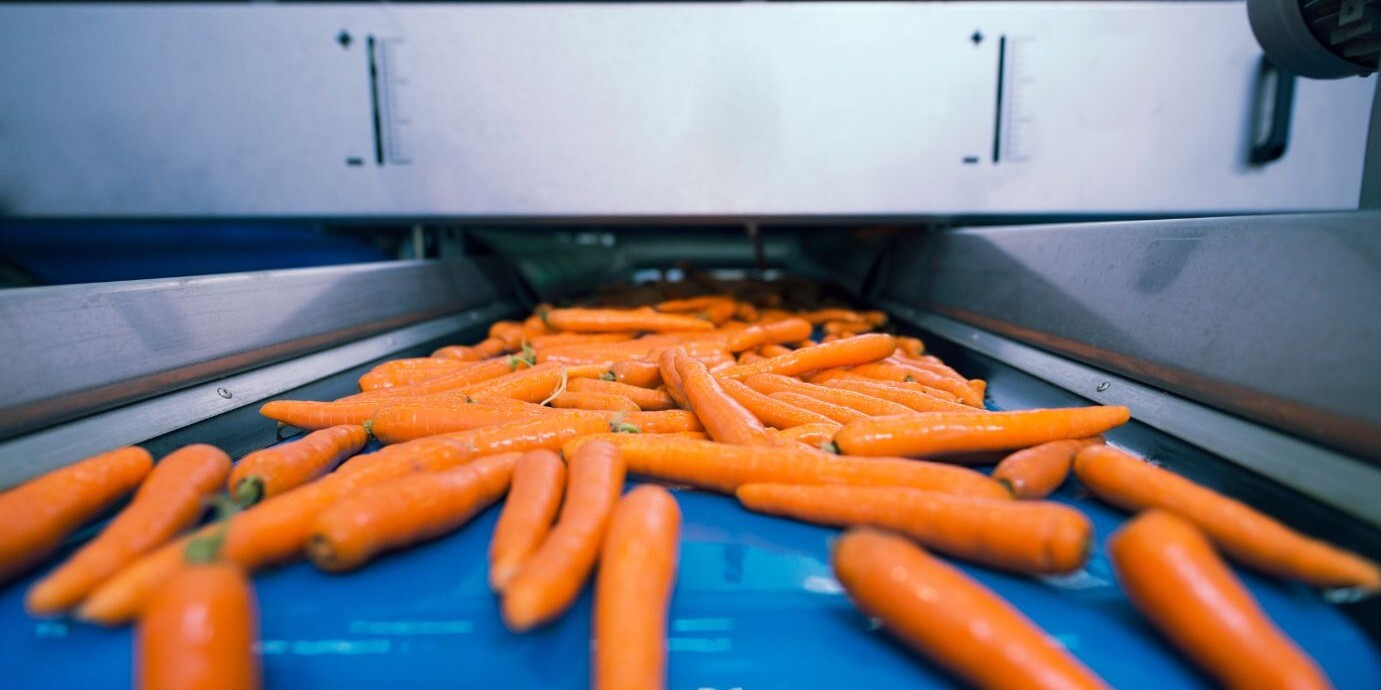MES food traceability: Advantages in the food industry
.jpg)
The food industry is facing an increasingly demanding scenario in terms of food safety, quality, and strict regulatory compliance. International certifications (IFS, BRC, ISO 22000) and the European Union Regulation (EC 178/2002 and subsequent updates) make it mandatory to ensure complete food traceability, from raw materials to the final product.
In this context, MES software for the food industry has become a key tool. Compared to manual processes or basic ERPs, a specialized MES provides the visibility and control that production plants need to comply with regulations, reduce risks, and respond quickly to audits or product recalls.
What is MES software for the food industry?
An MES (Manufacturing Execution System) is a system that directly connects plant processes to business management. In the food industry, its main function is to digitize production in real time and guarantee batch-to-batch traceability.
Unlike an ERP, which manages the administrative side (purchasing, sales, finance), the MES works at the operational core of the factory, recording data from machines, operators, and raw materials.
According to this standard:
- ERP = planning and administrative management
- MES = production control and traceability on the shop floor
Both systems are complementary and, when integrated, provide a complete view of the food value chain.
Current challenges in food traceability
European regulations and food quality control
Companies must demonstrate in any audit that each product can be traced back to its origin. Failure to do so can result in penalties, loss of certification, and irreparable damage to the brand.
Risks of manual errors
Many food SMEs still rely on spreadsheets or paper records, a method prone to mistakes, delayed decision-making, and poor shelf-life management.
Comparison chart: manual vs. digitized processes
|
Method |
Limitations |
Advantages with MES |
|
Excel sheets/paper |
Human errors, lack of visibility, and difficult auditing |
Real-time data, automatic traceability |
|
Basic ERP |
Administrative control, but no plant view |
ERP + MES integration → full traceability |
|
Specialized MES |
- |
Batch-to-batch control, expirations, and immediate audits. |
Key benefits of MES in food traceability
Real-time batch recording and expiry tracking
Every ingredient and finished product is digitally recorded, eliminating information loss. This allows accurate management of expiry dates, batches, and series without manual effort.
Integrated quality control and faster audits
MES incorporates quality parameters at each stage. If a deviation arises, it generates immediate alerts and facilitates the necessary documentation for audits and certifications.
Reduced product recalls
By detecting errors in real time, MES minimizes the risk of defective products reaching the market. If an incident occurs, it enables precise identification of affected batches, reducing costs and protecting your brand reputation.
Guaranteed regulatory compliance
Thanks to automatic data recording, MES ensures compliance with European food traceability regulations (IFS, BRC, ISO 22000, EC Regulation 178/2002 and subsequent updates).
MES and digital transformation in the food industry
Traceability cannot be viewed in isolation. An MES is a fundamental part of Industry 4.0 in the food sector.
- Integration with ERP (e.g., RPS Next): ensures that plant floor data flows into business management.
- Integration with CRM/HubSpot: connects production with sales and marketing, giving a 360° view of the customer.
- Connection with IoT and sensors: devices installed on the line transmit data in real time, improving responsiveness.
The result: greater efficiency, transparency, and competitiveness.
Food traceability is today a non-negotiable requirement for any company in the sector. Choosing MES software for the food industry not only ensures regulatory compliance but also improves operational efficiency, reduces risks, and increases the confidence of customers and auditors.
In an increasingly competitive environment, digitising the plant with an MES is the first step towards a connected, secure, and sustainable Industry 4.0.
Want to discover how an MES can optimise traceability in your food plant? Request a free INEXION demo and take the next step towards digitising your factory.
.png?width=501&height=92&name=Overtel%20Logo%20Postivo%20(7).png)

.jpg)